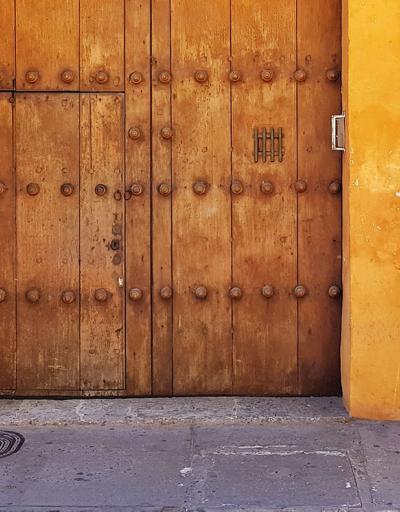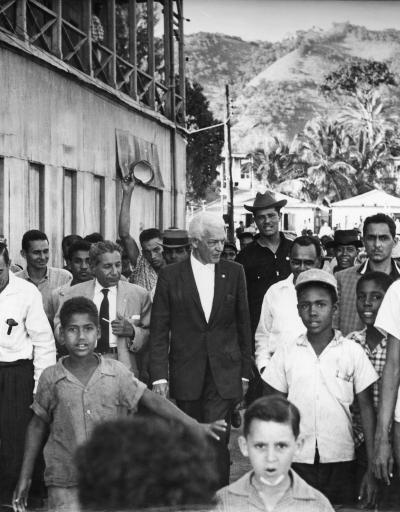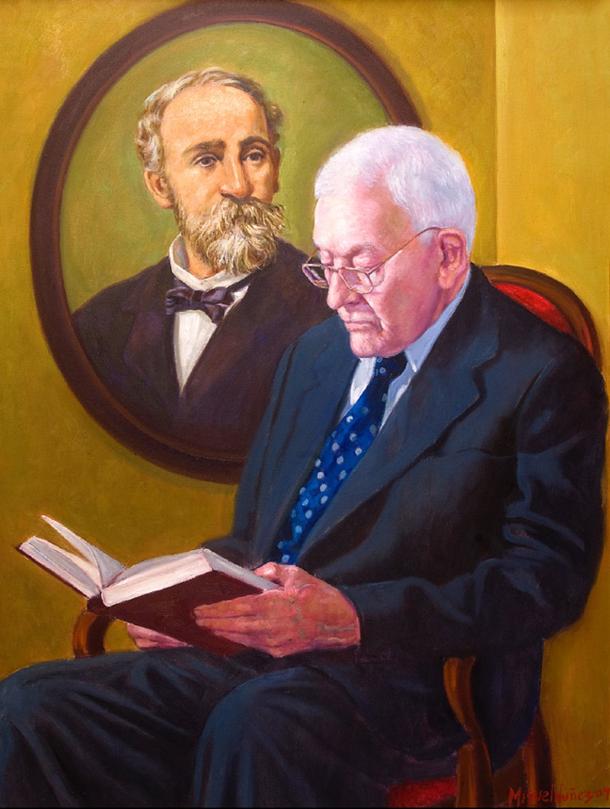
UNESCO/Juan Bosch Prize for the Promotion of Social Science Research in Latin America and the Caribbean

The UNESCO/Juan Bosch Prize was instituted by the Executive Board, at the initiative of the Government of the Dominican Republic, in connection with the commemoration of the centenary of Professor Bosch’s birth in 2009. In creating the Prize, the Member States on the Executive Board recognized the remarkable contribution of Professor Juan Bosch to the study of social and political processes in the Dominican Republic and the Caribbean region.
Awarded every two years, the Prize is intended to reward the best social science thesis of young researchers. The thesis, on a Latin America and the Caribbean subject, has to have made a significant research contribution to the promotion of social science research geared to social development policies in the region.


The UNESCO Prize that bears his name is another contribution to the promotion of Latin American younger generations’ work in the field of social sciences.

Contact information
UNESCO/Juan Bosch Prize
UNESCO - Social and Human Sciences Sector
7 place de Fontenoy
75352 Paris 07 SP FRANCE
E-mail: premio.juan.bosch@unesco.org


